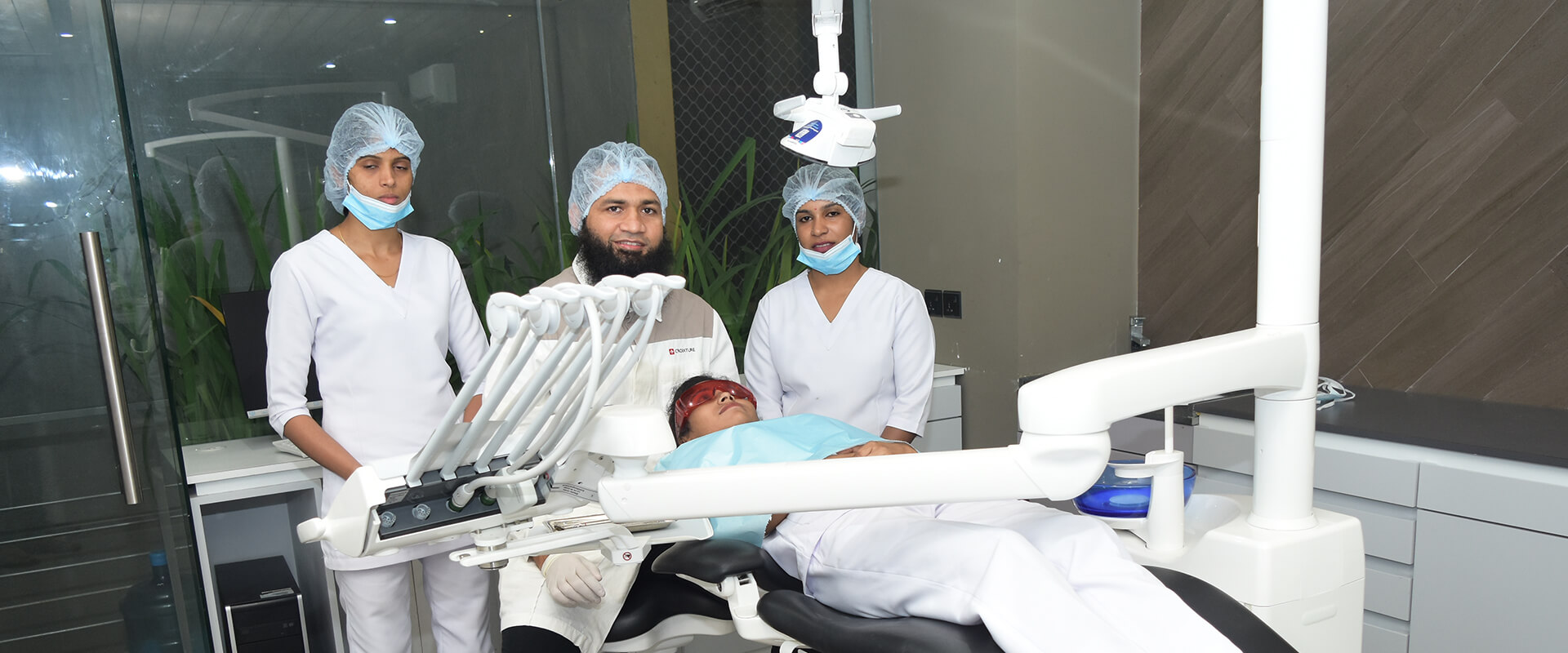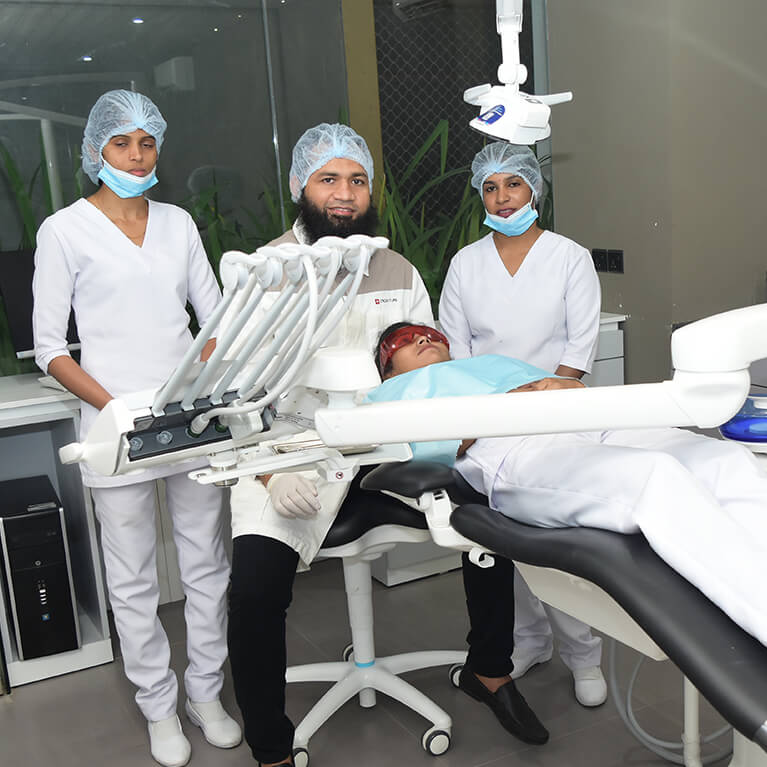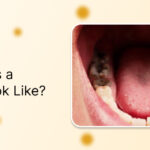Home Remedies for Wisdom Tooth Pain
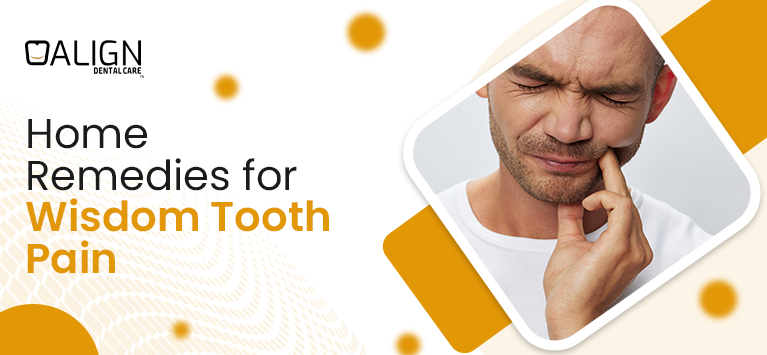
Of all the pains, a toothache can be among the most severe, and it is so irritating and unbearable at times. Third molars, on the other hand, commence their eruption at the teenage or early adulthood stage of the human being. Due to excessive crowding behind the lower incisors, they don’t have enough room in the oral cavity to grow straight. Hence, it causes pain, massive swelling, and even suppuration. Dentists offer painkillers for wisdom tooth extraction. Yet, home remedies remain as some measures that can be administered before an appointment with a dentist if one has severe wisdom teeth ache. The good thing is that they are easily accessible and will help relieve the discomfort until you visit a health provider. Effectively addressing how to ease your discomfort naturally involves home remedies, which this blog highlights.
Comprehending Tooth Pain
Before looking at any remedies, it’s essential to grasp why such pains happen. Wisdom teeth are also known as third molars and are the final ones to emerge in the mouth. Because there isn’t much space in the jawbone, they tend to come out at a strange angle or get stuck under the gum line. It leads to pain, swelling, and sometimes infection. Thus, knowing what causes this urge in you is going to assist you in effectively taking control of its severity.
8 Ways to Treat Wisdom Tooth Pain at Home
Home cures to try while sitting tight for a dental appointment. It isn’t easy, or, if nothing else, it is exquisite. So consider these choices when attempting to decrease our wisdom tooth torment temporarily. These remedies are simple to find and commonly available in most homes. Some of these are:
- Salt Water Rinse
Saltwater rinses are a simple remedy for wisdom tooth pain. The natural antibacterial properties of sea salt help reduce infection and speed recovery in inflamed areas.
- How to Use: A glass of warm water with one teaspoonful of salt mixed into it is used as a mouthwash. It should be sipped for about half a minute before being released. This process should be repeated two or three times every day.
- Benefits: This rinse helps to clean the affected area by washing away bacteria, thus giving pain relief. Therefore, no bacteria are growing on the surface, bringing about soreness.
- Cold Compress
The application of cold packs on jaws causes numbness for around seventeen years; for instance, if your wisdom tooth hurts an adjacent area near the swelling,
- How to Use: Wrap some ice cubes with a clean cloth. Then, place them on the outside of your cheek, facing where the pain goes into you. Please keep it for about fifteen or twenty minutes, then take it off. The process may be repeated every few hours until one gets relief.
- Benefits: A cold compress helps to reduce blood flow and relieve pain after swelling has started, thereby providing temporary relief.
- Clove Oil
Because it is a compound in the analgesic agent class, it has widely been used to provide pain relief. Eugenol is among those that have only recently been found to have antibacterial and anti-inflammatory characteristics. It makes it a candidate for natural wisdom tooth pain relief.
- How to use: Dip a small amount of clove oil in a cotton ball and gently apply it to the affected part. If the sensation is severe, you can mix the oil with carrier oil.
- Benefits: Clove oil was used as an anesthetic for external use. It can even kill the germs responsible for irritation.
- Peppermint Tea Bags
Peppermint also has other uses. It is also used when one has a toothache, which means that it has a narcotic effect. It also produces coolness to relieve the inflamed gum tissue.
- How to use: Take a cup of peppermint tea and pour water into it until it becomes hot. Some are applied directly to an inflamed area after cooling them in the refrigerator for a few minutes. Others should be left on the skin for 15–20 minutes after they have been applied.
- Benefits: Here is what peppermint tea bags are capable of: toothaches and swelling. These tea bags will cool your throat and make you feel better.
- Garlic
Garlic is a common ingredient in most food recipes and a natural and efficient painkiller. It can help fight infections and may even reduce pain by killing bacteria.
- How to Use: Take a garlic clove and crush it; you have to make direct contact with your teeth with the crushed pieces. Alternatively, you can chew on one piece if you can stand its taste.
- Benefits: Garlic reduces pain, and the microbes grow in that area.
- Onion
From onions, there is potential to get relief from toothache due to their antibacterial and anti-inflammatory properties. This treatment, probably dating back to old age, is applied globally for any form of pain associated with teeth.
- How to Use: Washed and chopped onion should be kept on the sore spot, with the mouth sore, as it will provide some relief. Squeeze gently so that its juices enter into the affected area as it is taken through chewing.
- Benefits: The onion reduces swelling and discomfort while fighting off germs.
- Baking Soda Paste
Baking soda has anti-inflammatory and antibacterial attributes that are useful when one suffers from wisdom toothaches. With straightforward preparations, this remedy offers quick assistance against these discomforts.
- How to Use: Mix baking soda with a bit of water until you get a very thick paste. Utilize a cotton swab and apply this paste to the aching zone.
- Benefits: The baking soda ointment helps control acidity in the mouth, thereby alleviating sores and infections within the oral cavity.
When to See a Dental Professional
These home treatments can provide momentary relief. However, it is vital to see a dentist if the agony persists or escalates. The discomfort associated with wisdom teeth sometimes suggests there’s something wrong. For instance, you might have a toothache due to impaction or infection, which requires specialized care. Ignoring severe signs can result in further problems; thus, you must always seek medical assistance in case home cures prove unsuccessful.
To Conclude
Managing wisdom toothache can be difficult. However, there are various remedies one can try at home. Some of them, including saltwater rinses or garlic and clove oil, are easy and economical ways of easing pain. Nonetheless, people should understand that these cures only refer to temporary pain relief methods rather than long-lasting solutions for treating diseases. Therefore, one should make an appointment with a dentist when it happens again and again and becomes unbearable. Early intervention may save you from complications later on in life, making sure your mouth stays healthy throughout the years!
4 dental causes of snoring you might not know
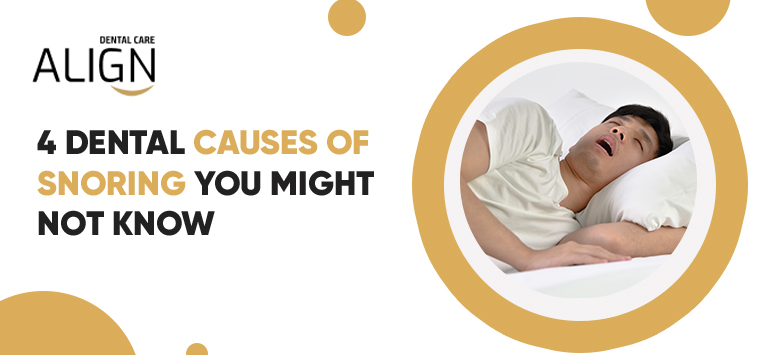
Snoring is a benign condition until it becomes chronic. People of all ages snore at times, but regular snorers are more likely to develop serious ailments like stroke, blood pressure, heart problems, etc.
It happens due to obstructed breathing while sleeping. When the airway is partially blocked or narrowed, air cannot flow freely in the airway.
In such circumstances, soft tissues in the upper airway vibrate against each other while breathing, followed by producing a harsh sound. As snoring has roots in sagging tissues in the upper airway tract, various factors like nasal congestion, overweight, and alcohol consumption are responsible for it.
Likely, certain dental problems also provoke snoring. We have seen many teeth grinders suffering from snoring.
In this blog post, our dentists list a few dental conditions that can lead to snoring. Keep reading.
What are the dental causes of snoring?
Abnormalities in teeth and oral tissues can affect the physiology of our mouth, having aftereffects like jaw structure changes, narrowing down the airway, etc. Researchers found that the following oral problems increase the likelihood of developing snoring:
Missing teeth
Teeth play a crucial role in preserving the structure of your mouth and jaw. If you ignore replacing a missing tooth, it will make your mouth collapse inward. It is followed by bone loss in the jaw or a shrinking jaw. In such circumstances, the tongue has less room inside the mouth to sit comfortably, so the tongue obstructs the airflow into and out of the mouth. Hence snoring occurs.
Moreover, it is hard to close the lips correctly when bone resorption occurs. It leads to breathing difficulties and snoring.
Wisdom teeth eruption
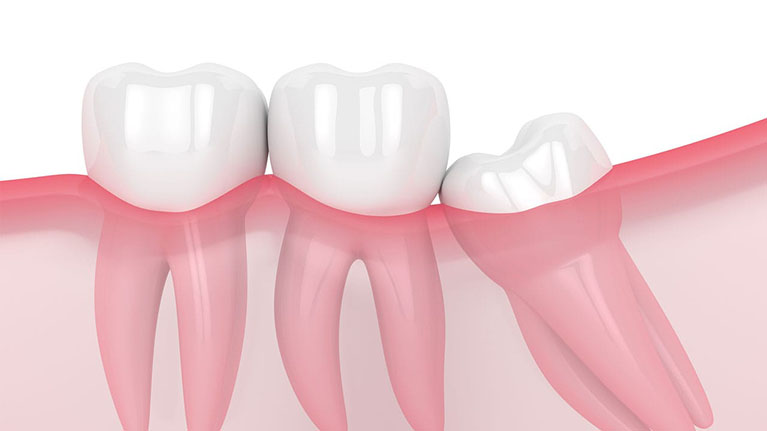
Wisdom teeth (or) Third molar teeth generally erupt between 17 and 25. As these teeth erupt lately, our mouths do not have sufficient space to accommodate the wisdom teeth. Hence they will erupt partially or come in awkward angles, causing various discomforts like pain, overcrowding of teeth, etc.
Moreover, the soft tissues surrounding the partially erupted teeth are susceptible to infection and become inflamed. This condition is called Pericoronitis. Pericoronitis patients would keep their mouths open while sleeping. As it makes the victims breathe through their mouths instead of their nose, they start to snore frequently.
Misaligned jaw
Temporomandibular joint is where our jaw bone is connected to the skull. It should be well-aligned for the regular functionalities of our mouths. When it is misaligned due to habits like teeth grinding and clenching of teeth, the lower jaw tends to stay far back from the mouth. It will upset the jaw bone’s support to the tongue hence that the tongue will partially obstruct the airflow, causing snoring.
Throat muscle spasms
When muscles in the throat contract too much (i.e.) relaxed excessively, it gives a feel of a large object stuck in the throat. This condition is called throat muscle spasms or Cricopharyngeal spasms.
Such relaxed tissues in the throat block the airways and vibrate against each other with airflows, leading to snoring.
Bottom line
Snoring begins with obstruction in breathing. Aside from factors like age, sleeping position, lifestyle changes, and bodily disorders, various dental ailments also block the airway and make tissues in the throat vibrate. The more forceful the airflow becomes, the more the harsh sound it produces.
If snoring is left untreated, it will cause oral problems like dry mouth, cavities, gum diseases, etc. Moreover, it is associated with problematic health conditions like hypoxia, type 2 diabetes, etc.
Luckily, you have various snoring treatment options like CPAP machines, thanks to advancements in dentistry. We recommend consulting a dentist if you notice symptoms like pain in teeth and jaw while getting up from bed, gasping for breath, swelling in gums.
It is because they indicate oral ailments cause your snoring problems.
Common Signs that tells your Wisdom tooth is coming in

Are you feeling a little extra pain in your mouth lately? It might be a sign that your wisdom teeth are erupting! Wisdom teeth are the last set of adult teeth to come in, usually appearing in your late teens or early twenties. At the same time, they cause discomfort and lead to several dental problems.
This is the reason people always undergo the Wisdom tooth removable treatment. So knowing the common signs of a wisdom tooth coming in can help you in preparing for the process and ensure that you get the best care possible. This blog will explore the four most common signs that your wisdom tooth is coming in.
Read More…Wisdom Teeth Removal Aftercare Instructions
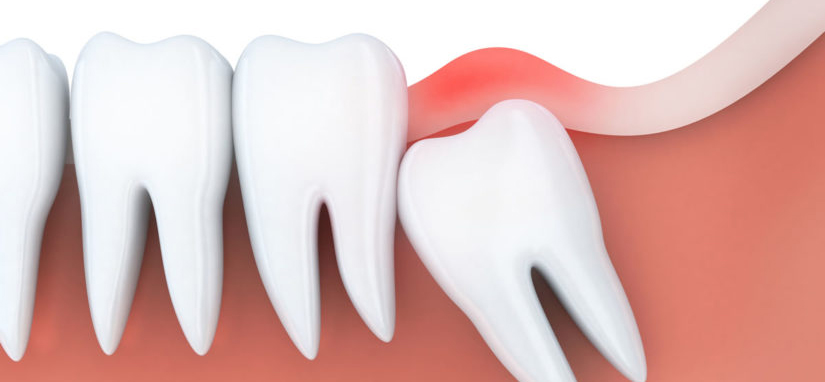
Wisdom teeth removal is a procedure that can be daunting to many. Here in this article, let us talk about some instructions that ought to be followed after wisdom teeth removal to make it as smooth as possible.
Why aftercare for wisdom teeth removal is important?
Read More…How to reduce wisdom tooth pain?

Most of you who have the wisdom teeth come in know how painful it can get. Wisdom teeth are the last molars to come out of your gums at the furthest corners of your mouth. And while the pain sometimes resolves on its own over the course of days, sometimes treatment is necessary to reduce the pain.
Read More…What you should know about Wisdom Teeth Swelling?

Wisdom teeth are the pre-final and final set of molars that appear in your mouth during late teens and early twenties. Wisdom teeth can cause several issues to people including pain and discomfort. Whilst, there are several issues with respect to wisdom teeth, here in this article, we will be addressing the specific issue of swelling of teeth during the onset of the wisdom teeth.
Read More…




